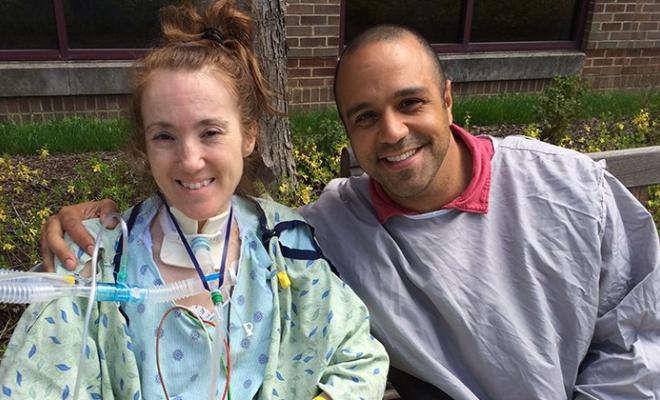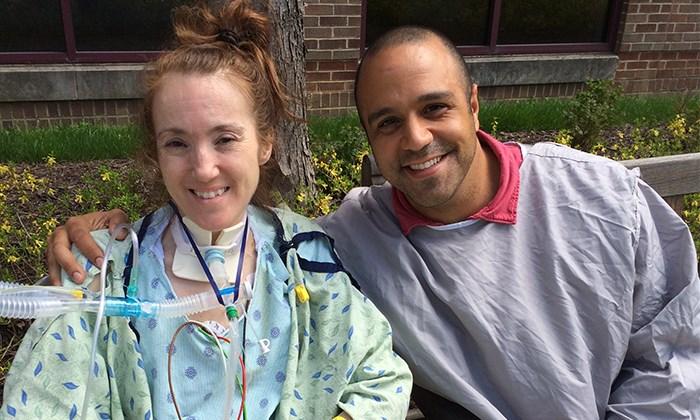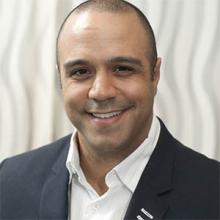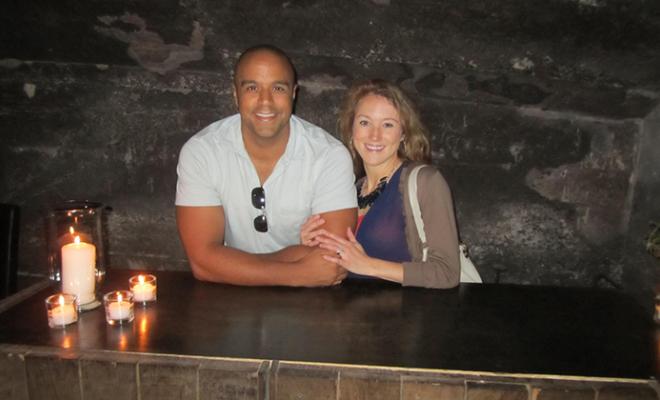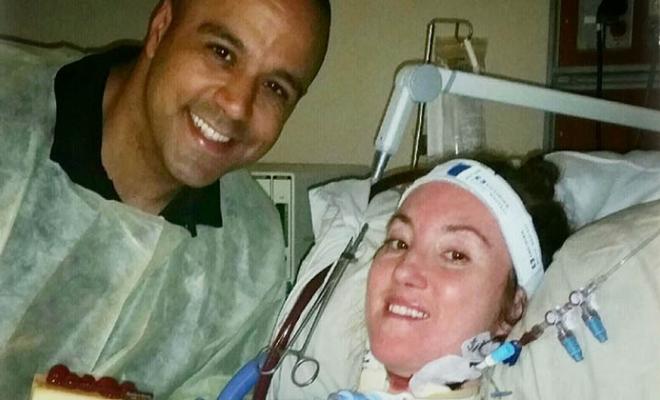It feels righteous, almost macho, to hold myself to a standard of excellence -- to try to move mountains for my wife. There's something fulfilling about striving to do the best -- the impossible -- for our loved ones, but caregiving is often a marathon and not a sprint. So, if I set an impossible standard as the minimum expectation when caring for my wife, isn't it only a matter of time before I fall short?
For me, guilt came from a feeling of failure and I certainly felt it last year.
My wife Rebecca lived most of last year in the hospital due to end stage cystic fibrosis and resulting respiratory failure. The doctors made it clear that each day was not promised while she was in a chemically induced coma.
Years earlier, Rebecca told me she wanted me to be by her side in her final moments. It seemed simple enough and I was determined to follow through on this request. Right after she was intubated, I worried that if I stepped out of the room for a minute, I might miss those moments … so I did not budge. On day one, I felt guilty that I needed to use the restroom; on day three, I felt guilty that I needed to check on our cats; on day 105, I felt guilty that I needed a full night of sleep.
That year, I spent New Year's Eve in a recliner, sweating into a plastic gown, while tears and snot made my mask particularly gross as I sat in the corner of ICU room #8. Even in retrospect, I know I would do the same thing again. However, using the bathroom or going home to scoop our cats' poop should not fill me with guilt as if I were a husband who bailed at the first sign of trouble.
When Rebecca came out of the coma six weeks later, it only got harder. She would not sleep very well without me nearby and -- somehow -- I seemed to miss the important moments. I left for lunch one day and returned to find that she'd experienced a panic attack. In the spring, I sat on a hospital bench enjoying a few minutes in the sun while her ventilator tubes popped off and she began suffocating. I had left my job to be with her in the hospital, yet I wasn't there for all of these events.
It was easy to forget the times I was there for her but hard not to feel that I was leaving too early, returning too late and taking too many breaks. I felt guilty from the moment I stepped out of her room until the second I returned.
As time passed, I learned that there's no way to do everything for someone else all of the time and that I needed to recognize when and how I was needed the most. So, I tried to balance my needs with hers. I generally went home to sleep and I waited until Rebecca was asleep to get my lunch or go for a run. I would discuss her care plan with her team, so I would be there for her therapy and procedures. The toughest part of this was deciding that things I did for myself were not selfish, but necessary.
The only way I could “move mountains” would be to never take a break. And after six months, it was clear that I needed a few breaks. As helpful as it made me feel, Rebecca didn't need me watching her sleep; she needed me to help her with therapy. I was better able to lift her spirits if I took some time for myself. I was more engaged in our conversations if I exercised. I asked the doctors better questions if I got a good night's sleep. I felt better overall if I did not hold myself to an impossible standard. And though the guilt never seemed to go away completely, I did a better job for Rebecca when I wasn't busy kicking myself in the butt.
We may be willing to move mountains but we don't need to move all of them. If we can give ourselves a break, maybe we'll have a little more to give to our loved ones.

